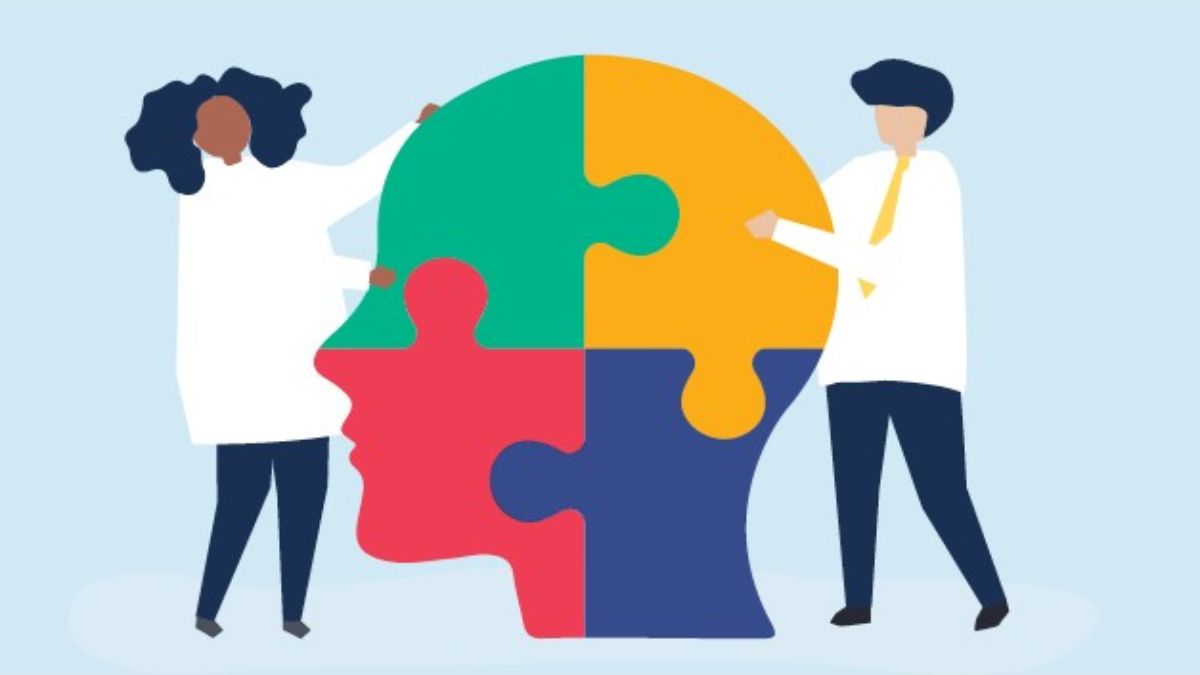What Is Emotional and Mental Health?
In today’s fast-paced world, understanding emotional and mental health is crucial, especially for teens and young adults navigating various life challenges. These two aspects of well-being are often intertwined but distinct. This article delves into what emotional and mental health entail, their differences, and practical steps to nurture both for a balanced life.
Understanding Mental Health
Mental health encompasses our cognitive processes, including how we think, feel, and behave. It influences our ability to handle stress, relate to others, and make decisions. Good mental health is not merely the absence of mental disorders but the presence of positive mental states, such as resilience, self-esteem, and a sense of purpose.
Key Components of Mental Health
-
Cognitive Functioning: The ability to think clearly, reason, and make decisions.
-
Emotional Regulation: Managing emotions effectively to cope with stress and adversity.
-
Social Connections: Building and maintaining healthy relationships.
-
Self-Esteem: Having a positive self-image and confidence.
Importance of Mental Health
Maintaining good mental health is essential for overall well-being. It affects how we handle stress, relate to others, and make choices. Poor mental health can lead to issues like anxiety, depression, and impaired functioning in daily life.
Exploring Emotional Health
Emotional health refers to our ability to understand, manage, and express our feelings in a constructive manner. It involves being in tune with our emotions, expressing them appropriately, and developing resilience to cope with life’s challenges.
Key Aspects of Emotional Health
-
Emotional Awareness: Recognizing and understanding one’s emotions.
-
Emotional Expression: Sharing feelings appropriately with others.
-
Resilience: Bouncing back from setbacks and maintaining a positive outlook.
-
Empathy: Understanding and sharing the feelings of others.
Importance of Emotional Health
Good emotional health contributes to better relationships, improved coping skills, and a more fulfilling life. It helps individuals navigate life’s ups and downs with greater ease and maintain a positive outlook.
Differences Between Mental and Emotional Health
While mental and emotional health are closely related, they have distinct characteristics:
| Aspect | Mental Health | Emotional Health |
|---|---|---|
| Focus | Cognitive processes and behaviors | Understanding and managing emotions |
| Influencing Factors | Genetics, brain chemistry, life experiences | Personal experiences, relationships, emotional awareness |
| Impact | Affects thinking, decision-making, and behavior | Influences emotional responses and interpersonal interactions |
Understanding these differences can help individuals address specific areas of their well-being more effectively.
Practical Tips for Enhancing Mental and Emotional Health
1. Practice Mindfulness
Engaging in mindfulness activities, such as meditation or deep breathing exercises, can help reduce stress and improve emotional regulation.
2. Build Strong Social Connections
Maintaining supportive relationships provides emotional support and enhances mental well-being.
3. Seek Professional Help When Needed
Consulting with mental health professionals can provide guidance and support for managing mental health issues.
4. Engage in Regular Physical Activity
Exercise has been shown to improve mood and reduce symptoms of anxiety and depression.
5. Develop Healthy Coping Strategies
Learning and applying effective coping mechanisms can help manage stress and emotional challenges.
Conclusion
Understanding and nurturing both emotional and mental health are vital for leading a balanced and fulfilling life. By recognizing their importance and implementing practical strategies, individuals can enhance their well-being and resilience in the face of life’s challenges.
Frequently Asked Questions (FAQs)
1. What is the difference between mental and emotional health?
Mental health pertains to cognitive functioning and behavior, while emotional health focuses on understanding and managing emotions.
2. How can I improve my emotional health?
Practices like mindfulness, building strong relationships, and seeking professional help can enhance emotional health.
3. Why is mental health important?
Good mental health enables individuals to cope with stress, make decisions, and maintain healthy relationships.
4. Can emotional health affect physical health?
Yes, poor emotional health can lead to physical issues like sleep disturbances and weakened immune function.
5. When should I seek help for mental health issues?
If experiencing persistent feelings of sadness, anxiety, or difficulty functioning, it’s advisable to consult a mental health professional.
6. Are mental and emotional health the same?
No, they are distinct but interconnected aspects of overall well-being.
